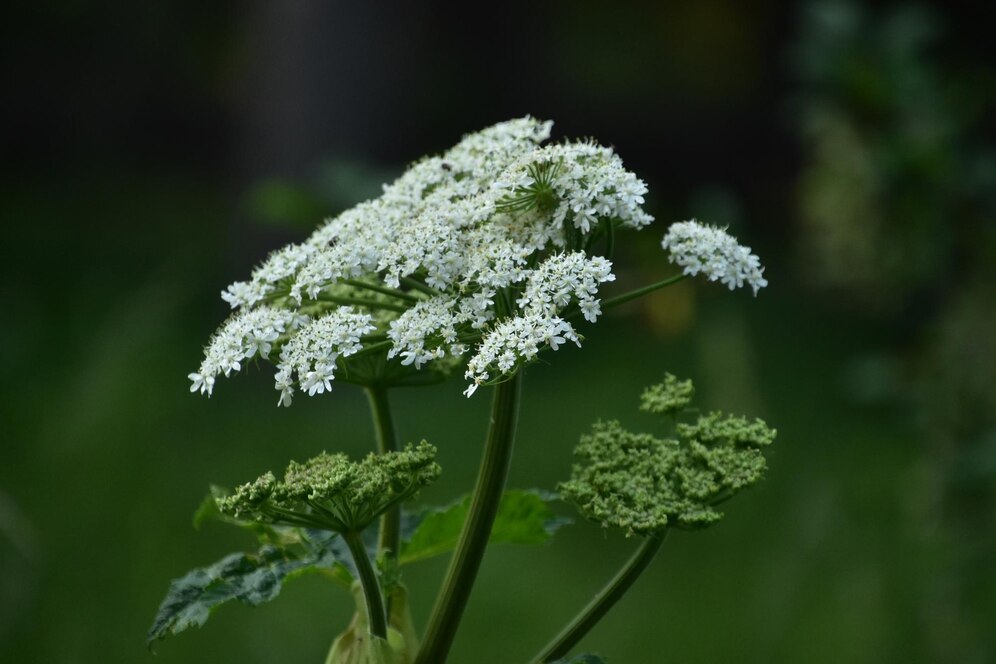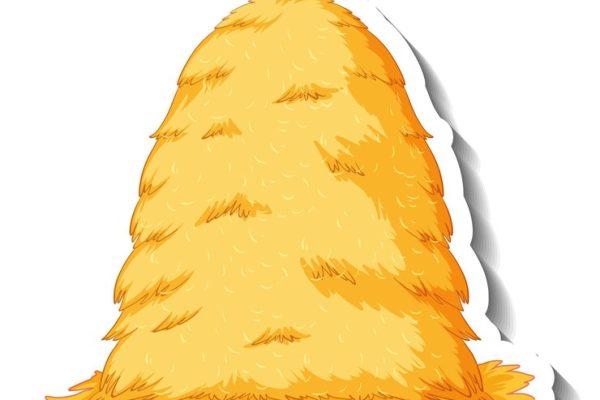Sceletium tortuosum is a succulent plant that’s used to make herbal supplements. It’s known by the brand name Zembrin and is believed to lower anxiety, fight the effects of stress, and possibly decrease depression symptoms.
In cell studies, a Sceletium extract rich in mesembrine decreased levels of the stress hormone cortisol. It also increased the expression of a cytokine called IL-10.
No
It is not clear whether sceletium (Mesembryanthemum tortuosum) can be classified as a medicinal herb. Although there is some evidence of sedative and anxiolytic activity, clinical data are insufficient to support its use for these purposes. However, it does have a long history of human use and has been used as an herbal remedy in traditional medicine in Namibia.
There are a number of regulatory barriers that would need to be overcome before sceletium products could reach the global market. While some national regulatory systems, such as Canada, have provisions for marketing traditional botanical medicines, others require that a new product undergo a full drug registration process.
Research has demonstrated that sceletium may have a beneficial effect on mood and behavior. In a rodent model of restraint-induced stress, sceletium extract Zembrin reduced self-soothing and behavioral responses to anxiety. In another experiment, sceletium extract significantly reduced nociceptive pain in rats.
In addition, the alkaloids mesembrine and mesembrenone have been shown to inhibit phosphodiesterase 4B with IC50 values of 7.8 mg/ml and 0.47 mg/ml, respectively. However, further studies are required to determine whether sceletium can have anxiolytic or neurocognitive effects in humans. There are no reports of severe adverse reactions or herb-drug interactions with sceletium, but it is prudent to avoid its use alongside pharmaceuticals that alter serotonin uptake and release, such as selective serotonin reuptake inhibitors (SSRIs) and SNRIs.
Sceletium tortuosum, commonly known as kanna, is a psychoactive plant in the family Crambidaceae. It is not hallucinogenic or habit-forming and has been taken by South African hunter-gatherers for its cognitive effects. It is believed to enhance attention and memory and attenuate subcortical threat response. It also promotes a feeling of calmness and reduces anxiety in humans and mice.
A dose of 5mg/kg sceletium extract (Lot #8587 Zembrin from Botanical Resource Holdings PTY Ltd) given to rats reduced restraint-induced psychological stress by attenuating subcortical threat response and increased self-soothing behavior. The extract also significantly reduced restraint-induced cortisol levels, indicating an anxiolytic action. Spectral EEG analysis showed that the sceletium extract significantly enhanced beta2 frequencies in parietal, occipital, and temporal brain regions during an arithmetic challenge and viewing monotonous animal videos (an emotional and attentional challenge). This was associated with increased frontal alpha1 power, which has been linked to memory.
The sceletium alkaloids mesembrine and mesembrenol were found to be highly absorbed after oral administration with bioavailability of up to 14% (p0.05). Mesembrine is also rapidly metabolized in the human body to several phase I metabolites, including O-, N-demethylated, dehydrated, and hydroxylated derivatives by multiple enzymes. Most of these metabolites are excreted in urine, with only one being detectable in the feces. It is, therefore, not unusual to find traces of these metabolites in the environment after oral administration.
Sceletium is a psychoactive, mood-altering plant (Mesembryanthemum tortuosum) traditionally used by the San and Khoi people in Southern Africa. It is not hallucinogenic or habit forming and has been observed to provide mood-enhancing, cognitive, and antidepressant effects. Limited clinical trials have been conducted examining its potential anxiolytic and neurocognitive activity.
In one study, the effect of a single dose of mesembrine or its major metabolite, mesembrenone, was investigated on brain electrical activity using wireless EEG recordings in rats. Mesembrine and mesembrenone were found to have a direct and selective effect on alpha oscillations with little or no impact on beta or gamma activity, suggesting that they are potent inhibitors of the NMDA receptor.
Other studies have examined the cellular immunomodulatory effects of sceletium. Trimesemine, the main constituent of sceletium, has been shown to enhance the proliferation and viability of primary human monocytes. It also appears to modulate the expression of certain cytokines and transcription factors.
Regulatory issues remain with sceletium. While there is no evidence of severe adverse reactions, it may interact with pharmaceuticals that affect serotonin uptake or release, such as selective serotonin reuptake inhibitors (SSRIs, e.g., fluoxetine, paroxetine) and SNRIs (e.g., venlafaxine). Additionally, sceletium may interfere with the action of certain sedative/hypnotic agents such as diazepam and barbiturates. In a clinical setting, it is recommended that sceletium be avoided by individuals taking these medications.
Yes
Sceletium is a succulent plant from South Africa known for its mood-enhancing properties and relaxation effects. It has a long history of use by indigenous tribes as a natural remedy for stress, anxiety, and fatigue. The leaves and roots have traditionally been chewed, used as snuff, or made into tea. It is believed to work by enhancing certain chemicals in the brain that reduce tension and promote sleepiness. However, there is little reliable scientific evidence of how sceletium works. The National Center for Complementary and Alternative Medicine rates sceletium effectiveness as “Insufficient Evidence to Rate.”
While there are many supplements available on the market that claim to help with mood, anxiety, and depression, few contain the active ingredient mesembrine, the main chemical compound found in the plant. Mesembrine is a unique indole alkaloid with a bicyclic structure, containing an indole and pyrrolidine rings. It has a number of interesting pharmacological properties and is the subject of ongoing research.
While mesembrine is a very interesting compound, it has not been fully researched in humans. Most studies have been done on animals, and despite the fact that mesembrine acts as an antidepressant, results are not conclusive. Fortunately, a standardized extract containing mesembrine is available on the market, called Zembrin. This product is produced in an ethically responsible manner, with full traceability from seed to bottle. Its mesembrine content is regulated by law, which ensures that only the most effective preparations are on the market.
The psychedelic sceletium plant has been used by indigenous San and Khoi people for centuries as a mood-altering herb that enhances sociability and reduces anxiety and fatigue. It is typically consumed by chewing the leaves, brewing as tea, or inhaling its powdered form. Traditionally, it was used for mood-altering purposes and as a sedative during long hunting trips. Several pre-clinical studies suggest that mesembrine, a neuroactive alkaloid from Sceletium tortuosum (the scientific name for kanna), may be beneficial for anxiety depression, and other mood disorders. Despite its widespread use in Southern Africa as a natural remedy, there are limited clinical trials demonstrating efficacy for sceletium.
The most potent sceletium extract available is Zembrin, manufactured by Botanical Resource Holdings. This standardized product has been in the USA market for over a decade and is currently used by some psychiatrists in their practice. In an exploratory study, a single dose of 5 mg/kg of Zembrin in a restraint-induced psychological stress model induced self-soothing behavior and decreased stress-induced corticosterone in rats.
Moreover, spectral EEG data showed that ZEM increased delta and theta power during cognitive challenges while increasing frontal alpha1 and alpha2 power during emotional and attention challenges. Additionally, ZEM significantly blunted cytokine release in human mast cells compared to placebo, suggesting that mesembrine can protect against low levels of systemic inflammation. In addition, in vitro experiments revealed that mesembrine can down-regulate serotonin reuptake via inhibiting vesicular monoamine transporter-2 (VAMT-2) and alter glucocorticoid, mineralocorticoid, and androgen production in adrenocortical carcinoma cells.
Sceletium tortuosum is a cactus-like succulent plant that has been used for mood-altering purposes, including anxiety and depression. It is also reported to promote mental clarity and improve cognitive function. Limited clinical trials have investigated the potential anxiolytic and neurocognitive effects of sceletium, but data are limited. However, standardized sceletium extracts such as Zembrin (ZEM) have been used in dietary supplements for over a decade with no reports of significant adverse reactions.
Research demonstrates that ZEM has anxiolytic and antidepressant actions through modulation of serotonin metabolism. Additionally, it has been shown to reduce pain and enhance exercise performance through its analgesic actions. The potent alkaloid content of sceletium, which is highly variable, may contribute to its multifaceted activity.
In addition, the immunomodulatory effects of sceletium have been demonstrated in human monocytes. The sceletium extract increased mitochondrial viability and up-regulated IL-10 release in basal conditions while blunting cytokine responses to E. coli LPS stimulation.
There are no known herb-drug interactions with sceletium, but it is generally advised to avoid consuming it concurrently with pharmaceuticals that inhibit serotonin uptake or increase its release. These include selective serotonin reuptake inhibitors (e.g., fluoxetine, paroxetine, sertraline) and noradrenaline and serotonin reuptake inhibitors (SNRIs, e.g., duloxetine, venlafaxine). In addition, sceletium has PDE-4 inhibitory activity and may therefore interfere with the pharmacological actions of drugs that work by inhibiting this enzyme. It is therefore recommended to consult with a healthcare provider before taking sceletium if you are taking these medications.











